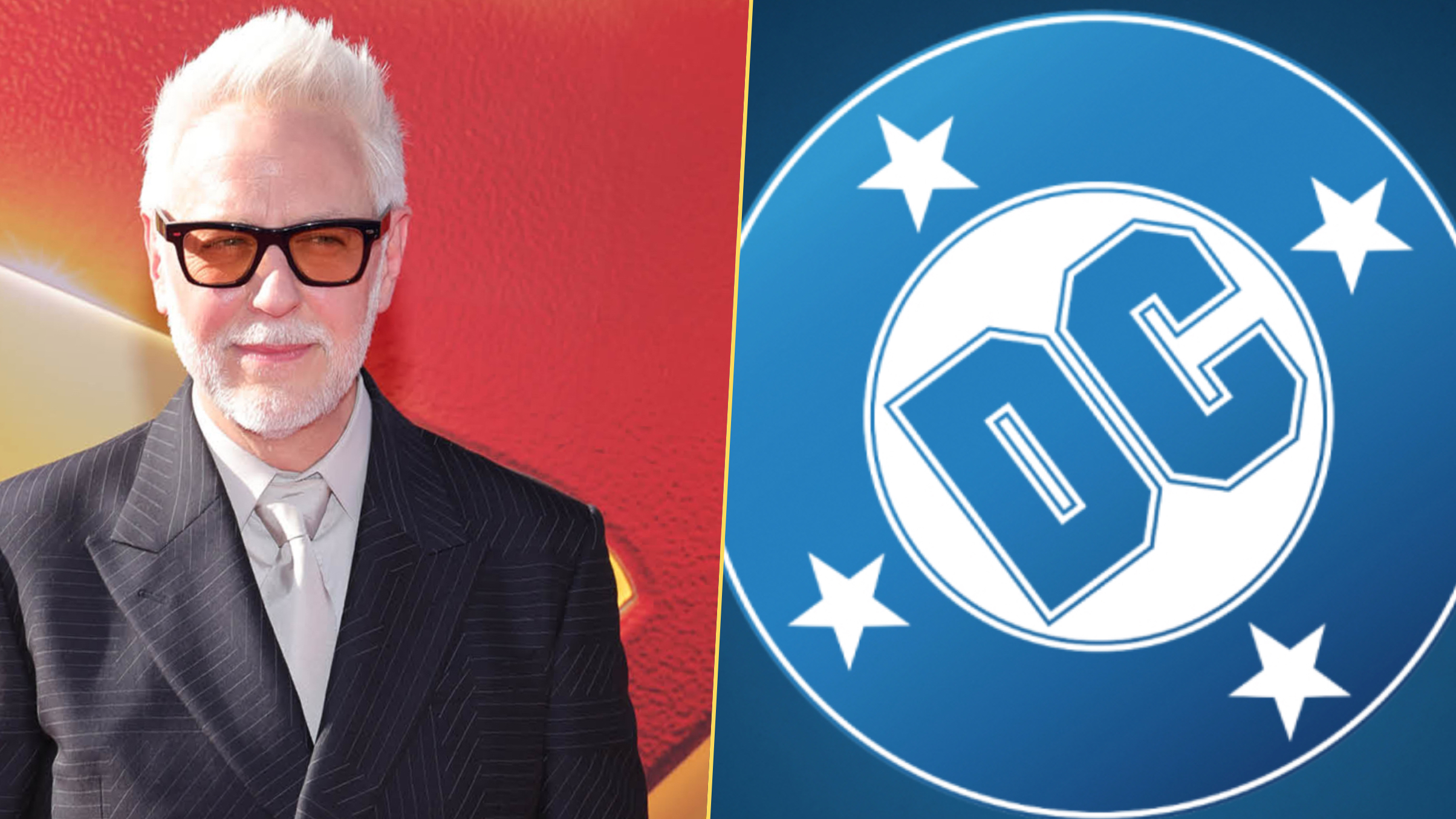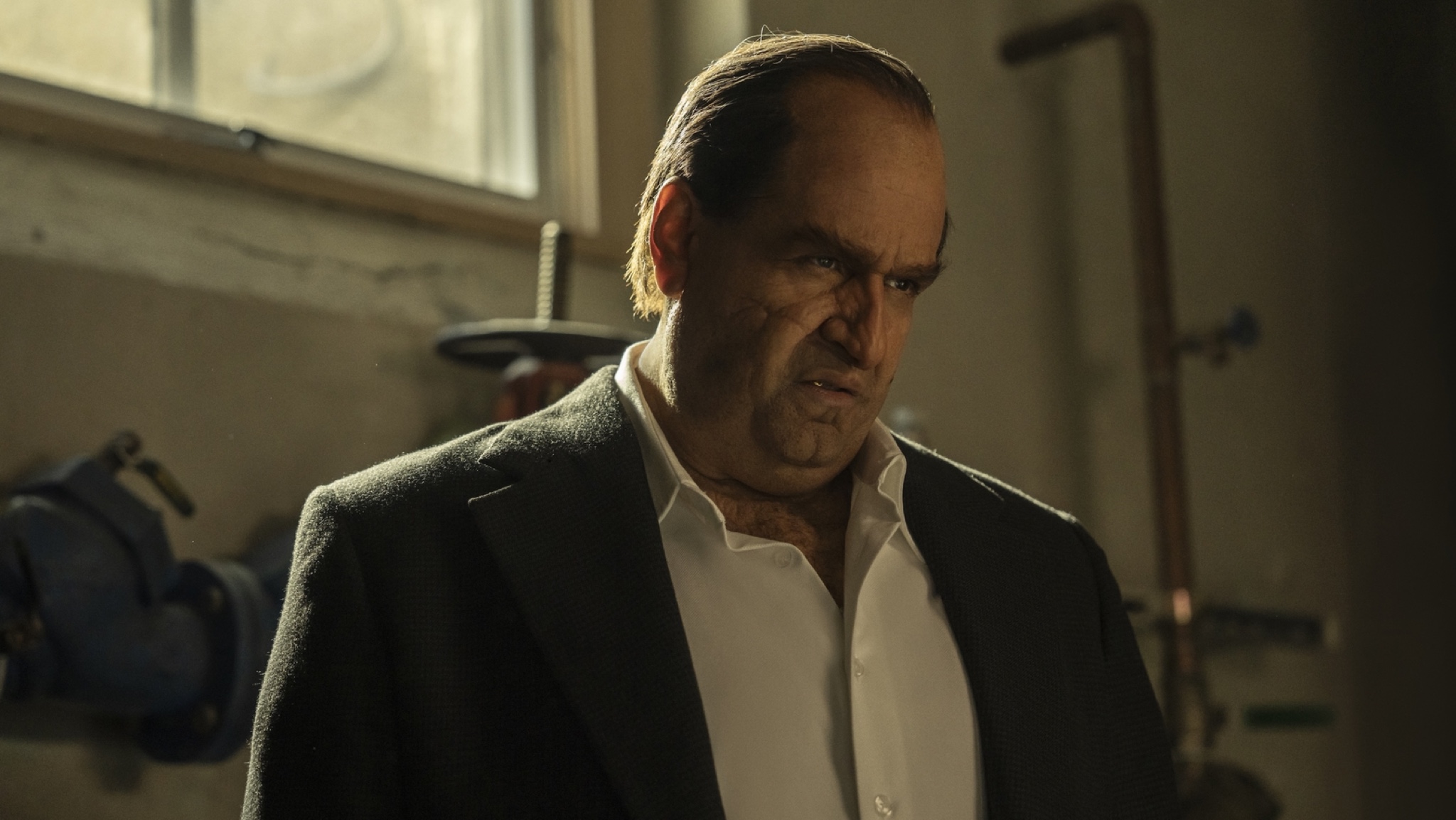Amazon delays Alexa.com’s launch to “no sooner than July 31” — as OpenAI preps to topple Google Chrome’s dominance in the coming weeks

It appears that Amazon may have underestimated the amount of work required for a successful launch, as outlined in their internal documents, which provide only limited detail.








